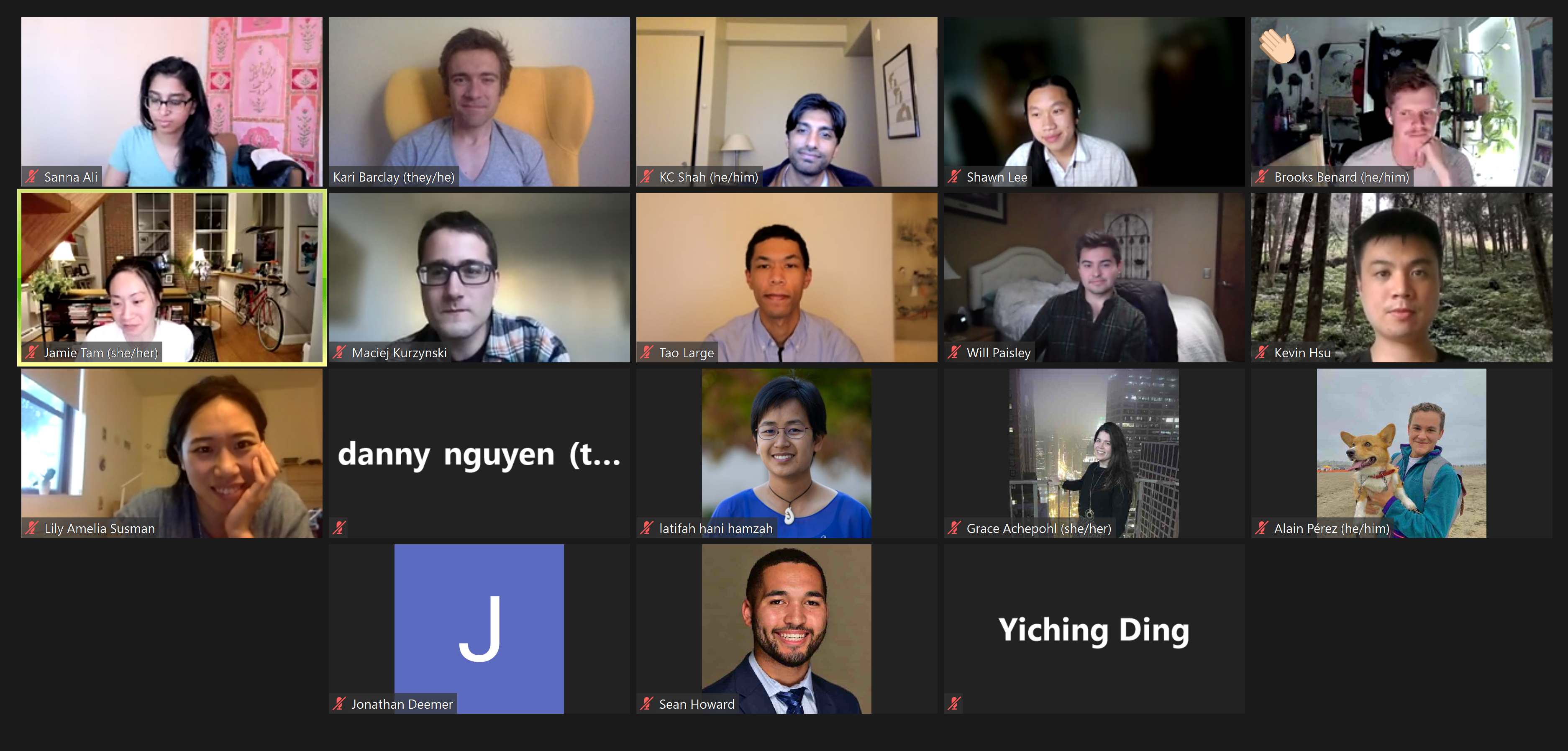The Graduate Student Council (GSC) unanimously passed a resolution urging Stanford to fully restore its Cantonese language program and enable the program’s courses to fulfill the University’s language requirement at its Wednesday meeting.
The resolution is the latest in student activism against the University’s decision to cut its only salaried Cantonese language lectureship last December. The decision, which garnered international attention, has drawn vehement opposition from members within and outside of the Stanford community.
As the joint resolution also passed the Undergraduate Senate at its Monday meeting, the resolution will be sent to the Faculty Senate before the body meets on May 20. The Faculty Senate will likely consider the resolution and may make a recommendation to the University administration.
Save Cantonese, a student group devoted to reviving the program, has already made progress in the fight for the language program: After collecting over 4,000 signatures from students and alumni for a petition, the University agreed to add two courses taught by a part-time lecturer during the upcoming fall quarter.
There is still more work to be done, said Save Cantonese organizer Shawn Lee ’16 M.S. ’17, who presented the resolution to the council.
“We consider that to be not enough to sustain those kinds of deep and important institutional contacts between the Cantonese language program and various research and direct services programs throughout the University,” Lee said.
GSC co-chair and fifth-year theater and performing studies Ph.D. student Kari Barclay added that there is a wide gap between the currently-planned part time program and a potential full program: “If students are thinking about going into Stanford for research that connects to Cantonese language, and they don’t know if the program is going to be as stable as it has in past years, that shift from part time to full time would be huge.”
The Daily has reached out to the University for comment on the resolution.
School of Humanities and Sciences spokesperson Joy Leighton previously wrote that the University is “very disappointed about the extensive effects of the pandemic,” though Cantonese instruction will continue “at a level commensurate with enrollments through hourly lecturers.”
The history of the Cantonese language and culture is tied to the University’s exploitative past. Leland Stanford Sr. built his fortune off the backs of underpaid Chinese railroad laborers, many of whom immigrated to the U.S. from the province of Guangdong in southern China and spoke Cantonese. Eight direct descendants of those railroad workers now volunteer for Save Cantonese.
Preserving the culture that is inextricably linked to Stanford’s history is an important commitment to accountability and inclusion, said Save Cantonese organizer Tao Large, a sixth-year Ph.D. candidate in synthetic and computational inorganic/bioinorganic chemistry.
“The history of Cantonese labor that helped build Stanford presents an opportunity,” Large argued, proposing that Stanford turn its history into an “opportunity to strengthen the program … and extend Stanford’s access to a language that is globally important and essential for research, but also an aspect of Stanford’s history and its commitment to its local community.”
The group cited the language’s viability and importance on both local and global levels. Cantonese is spoken by 70% of the Chinese-speaking population in San Francisco, Oakland and Hayward and is present within 12 countries worldwide, according to Save Cantonese. The opportunity for students interested in global research to engage in a full-fledged Cantonese program with complete capabilities is an important asset for the Stanford community, Lee said.
“This is really about uniting around respect for cultural diversity and reuniting around what’s best for Stanford’s research programs, its direct impacts and what its alumni can do afterwards in the real world,” Lee said. “It’s materially good for business and engineering students who want to work in some of the world’s most advanced centers of manufacturing.”
The recent wave of anti-Asian hate has highlighted the importance for the Cantonese program, according to multiple advocates at Wednesday’s meeting. As a leading higher education institution, Stanford can play an important role in standing up to those issues through tangible action, Lee said.
“The American tendency to homogenize Asian Americans really enables you to dehumanize them and that’s generally the prerequisite to violence,” Lee said. “Those tendencies are all the more dangerous when they are embodied by an institution as powerful and supposedly egalitarian as Stanford.”
